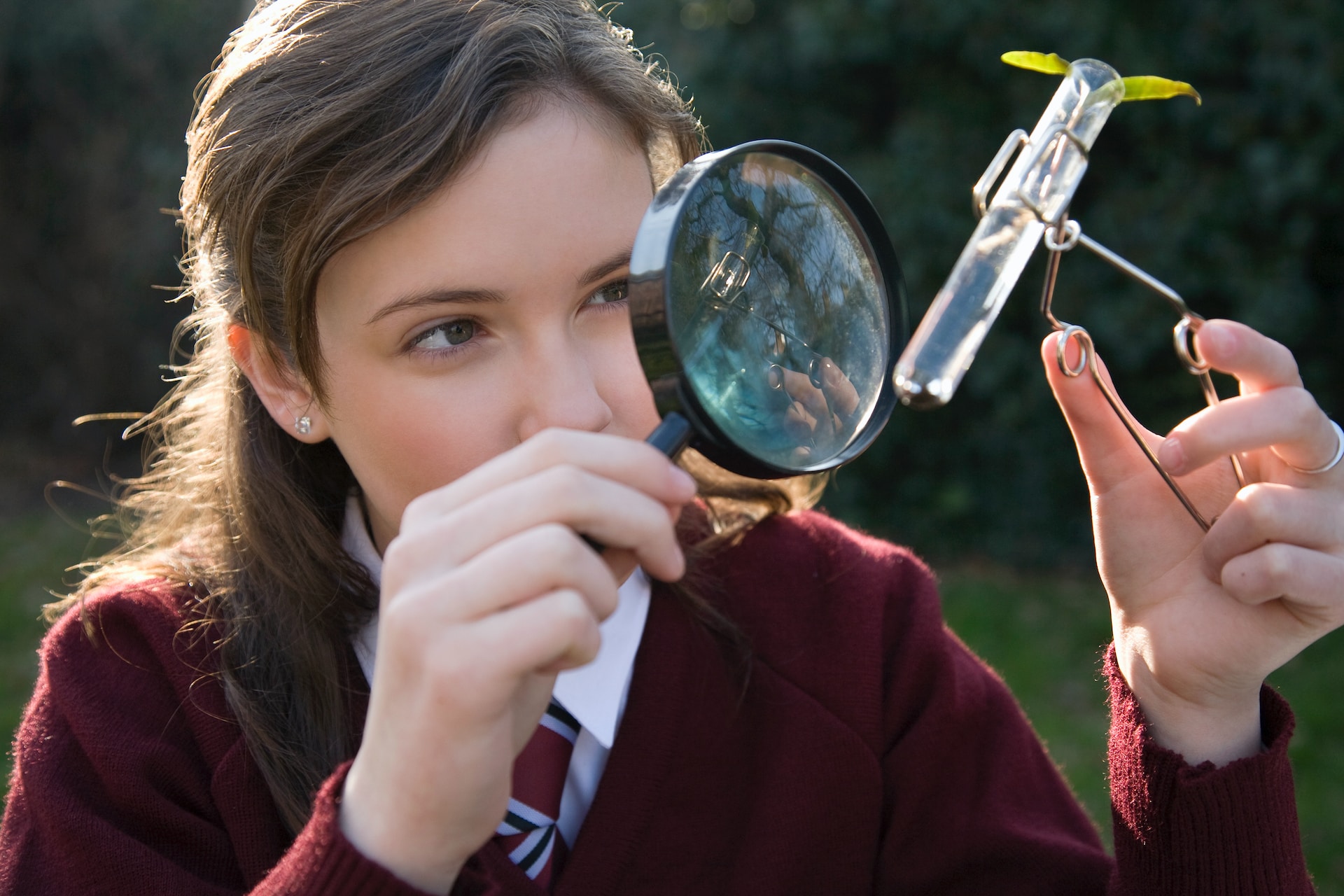Facts, Knowledge, Understanding and Wisdom
- Facts are what is true and real regardless of whether we are aware of them or even capable of understanding them.
- Knowledge is the accumulated awareness of actual facts as opposed to perceived facts.
- Understanding is the ability to comprehend how facts work and interact. It enhances predictive capabilities by recognizing causes and effects.
- Wisdom is the ability to achieve desires and goals successfully through an effective grasp of facts, science, knowledge, beliefs and understanding.

Religion and Philosophy, Science, Humanities, Revelation
- Religion and philosophy are sets of beliefs, practices, and systems that drive a person's values and purpose in life. They might be the belief in a controlling force, such as nature, a god or supernatural forces. But they might also be drivers by beliefs that are devoid of a god or supernatural being or the imposition of nature. Religion includes activities related to a person's set of beliefs such as rituals, traditions, practices and dogmas.
- Science is any systematic methodology based on evidence that includes observation, measurement, and data. Good data is hard to gather, categorize and manage in efficient and useful ways, but the better the evidence and analysis, the better the ability to predict. Effective methodologies help to gain knowledge about how the universe works.
- Beliefs are what are concluded to be facts, regardless of whether the perceived facts really are real. Science helps confirm what perceived facts about nature are real through evidence. It can still mislead, but more often than not will enlighten if done properly.
- Revelation unveils truths that once were hidden. Revelation might come from God, from observations of nature, from instruction received from others, from comments made by those we are teaching, from mistakes that unexpectedly open new insights, from the maturing process than enables more abstract thought, or from a number of other sources. But even though most of us don't really understand how the sudden enlightenments from revelation happen, they do happen.
- Humanities entail the study of the human world and society from a critical perspective. It includes studies in language, history, philosophy, art, music and culture. It develops thinking and skills based on creative ability, efforts and potential.
- In the realm of facts, science kicks in. In the realm of creativity, humanities kick in. In the realm of values, religion and philosophy kick in. Wisdom pulls all of that together.
